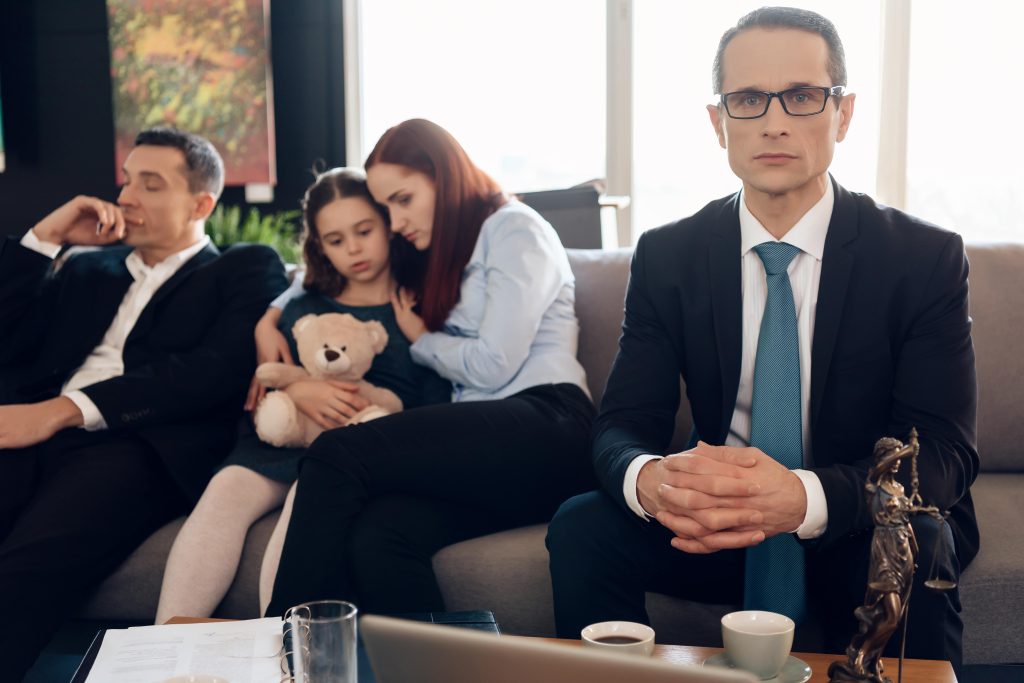Do Juveniles Have the Same Rights as Adults When Arrested in Washington?

When a minor is arrested, the legal consequences can be life-changing. But do juveniles in Washington State have the same rights as adults when taken into custody? While many rights overlap, there are important legal distinctions that every parent—and young person—should understand.
Miranda Rights Still Apply to Juveniles
Just like adults, juveniles have a constitutional right to remain silent and to have an attorney present during questioning. Law enforcement is required to issue Miranda warnings before interrogating a juvenile in custody.
However, courts are more cautious when evaluating whether a juvenile knowingly and voluntarily waived those rights. Factors such as the minor’s age, experience, education, and whether a parent was present may influence the court’s ruling. In some cases, statements made by minors have been excluded when the court determined the waiver was not valid.
Parental Notification Is Required
Under Washington law, police must make reasonable efforts to notify a juvenile’s parent or guardian as soon as the child is taken into custody. While a parent’s physical presence is not required during police questioning, their involvement can weigh heavily in court decisions about voluntariness and due process.
If your child is arrested and you have not been contacted promptly, that may be a red flag—and something an attorney should review immediately.
Juvenile Court Prioritizes Rehabilitation
Unlike adult criminal court, Washington’s juvenile justice system is designed with a focus on rehabilitation rather than punishment. Juvenile court proceedings are generally more informal, and records are confidential in most cases.
Instead of prison time, consequences may include community service, counseling, probation, or detention in a juvenile facility. The court may also order participation in treatment programs or educational plans designed to promote long-term success.
When Can a Juvenile Be Tried as an Adult?
In Washington, certain serious charges—such as murder or certain violent felonies—can result in a juvenile being declined into adult court under RCW 13.40.110. Prosecutors can request this transfer if the crime is severe or if the juvenile has a prior criminal history.
Once tried as an adult, the juvenile is subject to the same criminal penalties as any other defendant, including adult prison. For this reason, early and experienced legal representation is essential when serious charges are involved.
Why Early Legal Intervention Matters
Juvenile arrests can affect more than just the outcome of a case—they can shape a young person’s entire future. School consequences, loss of employment opportunities, and long-term records can all stem from a single incident.
If your child has been arrested or is under investigation, it’s critical to speak with a defense attorney who has experience in Washington juvenile law. The right guidance can protect your child’s rights, challenge improper police conduct, and pursue outcomes that promote rehabilitation rather than long-term harm.
Speak with a Juvenile Defense Attorney in Clark County Today
At the Law Office of Erin Bradley McAleer, we understand how overwhelming it is when a young person is caught in the criminal justice system. Our team fights to protect your child’s rights, future, and dignity every step of the way.
If your child has been arrested in Vancouver, Clark County, or anywhere in Washington State, contact our office today for a confidential consultation.